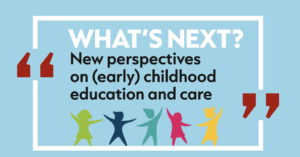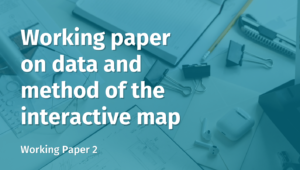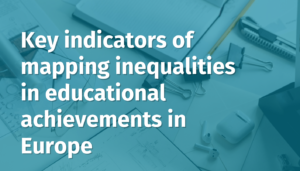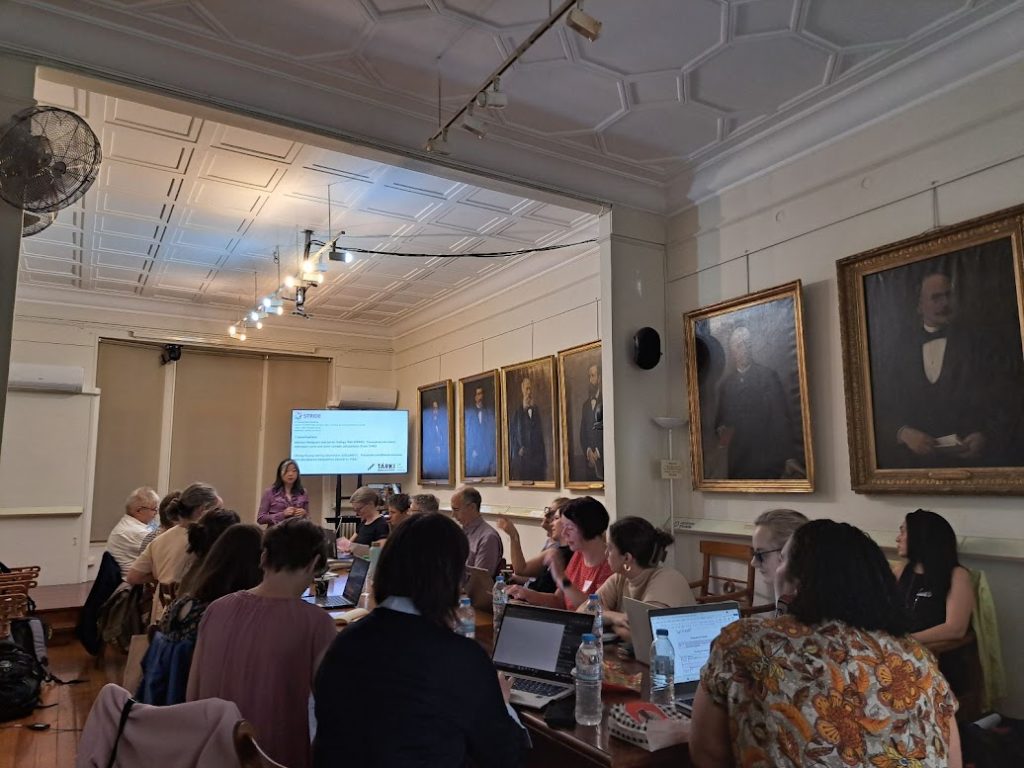From 19th to 22th of March 2024, Oslo was the venue for the launch of a 3-year research project on promoting equity and inclusion in education. The STRIDE project, coordinated by OsloMet – Oslo Metropolitan University, commenced with a promising meeting attended by consortium members, advisory board members and national stakeholders.
STRIDE, or Strategies for achieving equity and inclusion in education, training and learning in democratic Europe, funded under the Horizon Europe Programme, aims to compile a comprehensive knowledge-base on effective educational reforms, policies, and interventions targeting the reduction of inequalities in European education.
The meeting agenda unfolded across two days, each focusing on different aspects of the project.
The first day commenced with introductory sessions outlining the project’s overview, timeline, key concepts and values of the project: equity, inclusion and intersectionality – led by Oslomet. Work package overviews were provided, delineating the project’s structure and deliverables.
The day’s discussions delved into detailed planning for specific work packages:
- Work Package 2 (WP2) focusing on policy analysis and meta-analysis, led by VIA University College (Denmark) and Uniwersytet Jagielloński (Poland).
- Work Package 3 (WP3) concentrating on trends in inequalities in education achievement, with planning spearheaded by Tarki Tarsadalomkutatasi Intezet RT Tarki (Hungary).
- Work Package 5 (WP5) tackling effective policy initiatives and interventions, coordinated by Ethniko Kai Kapodistriako Panepistimio Athinon NKUA (Greece) and Roehampton University LBG RU (United Kingdom).
The day concluded with engagement strategies with national stakeholders and the initiation of policy brief work led by OsloMet.
The second day transitioned to more concrete actions. Project officers from the European Commission contributed insights into dissemination strategies and potential impact pathways. The partnership further discussed:
- Work Package 4 (WP4) discussions revolved around planning data collection and reporting, closely linked with WP2 and WP3, led by NKUA and Tarki.
- Work Package 6 (WP6) focused on planning effective policy making and assessment tools, led by VIA and JU.
- Work Package 7 (WP7) – led by LLLP and Oslomet, aiming at implement a comprehensive impact and dissemination strategy in order to enhance public knowledge on the value of longitudinal data in policy making and its usefulness for policy learning at national and EU levels, and factors that can reduce inequalities in education, as well as to explore and develop a toolbox of techniques for facilitating cross-sectoral policymaking and assessment of inequalities in education, training and learning achievements over time using longitudinal data on learning.
- Lastly, attention was given to project management: establishing procedures, quality management, and ethical guidelines (WP1)
Stay updated on the progress of the STRIDE project by visiting our website. Join us in our mission to foster equity, equality, and inclusion in education across Europe.












